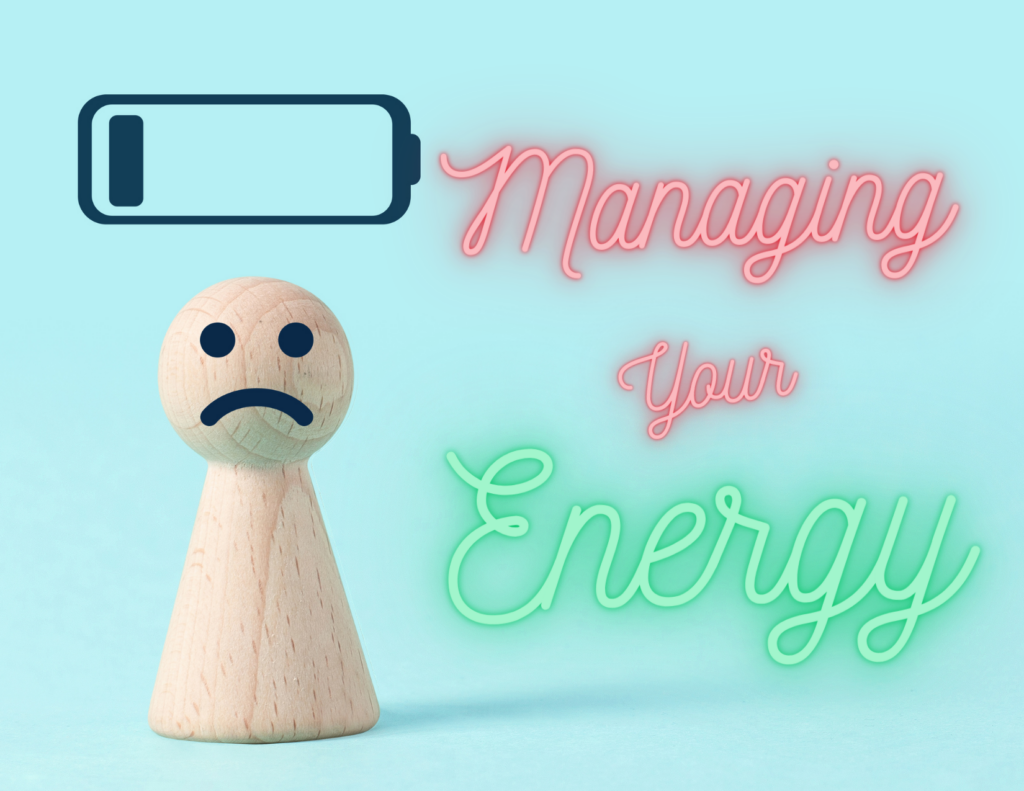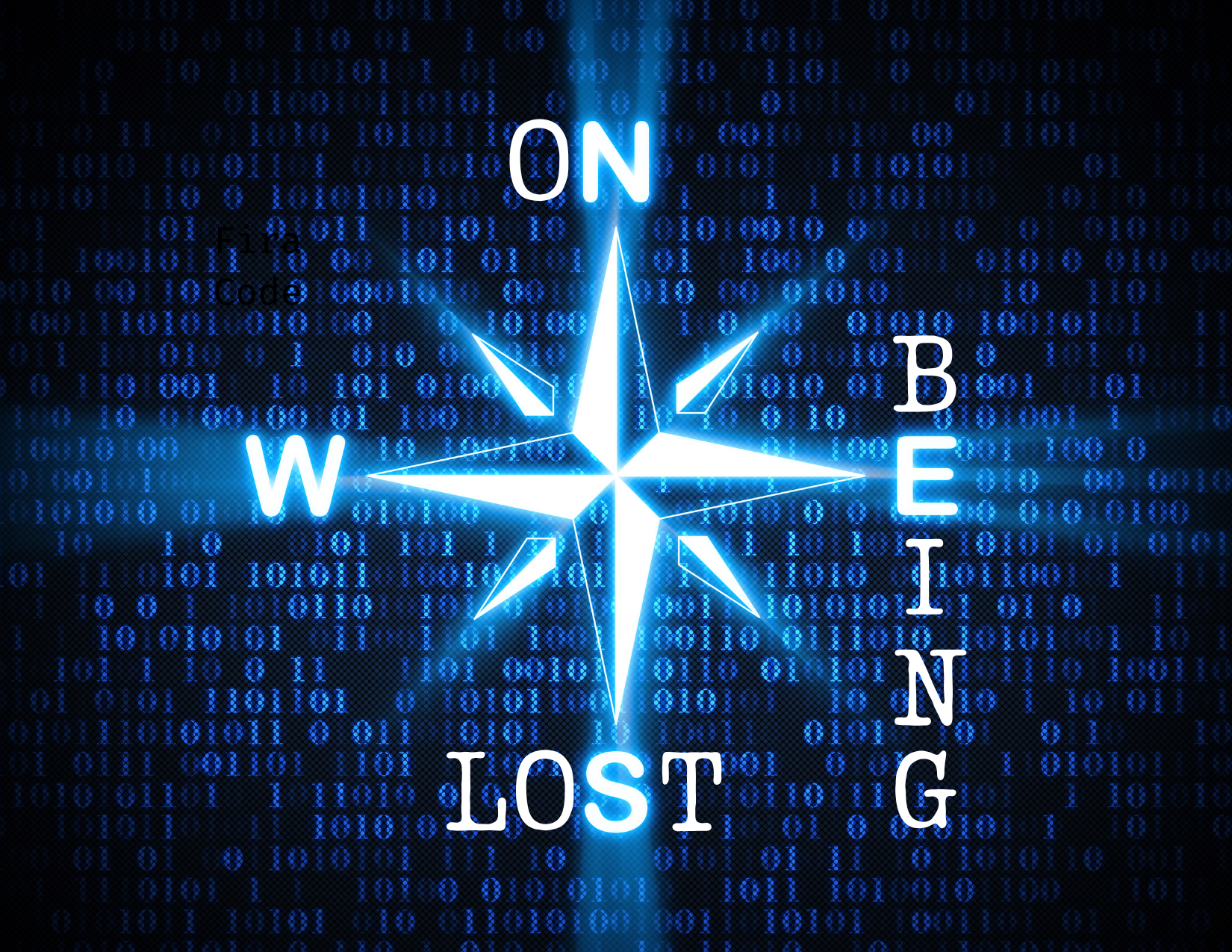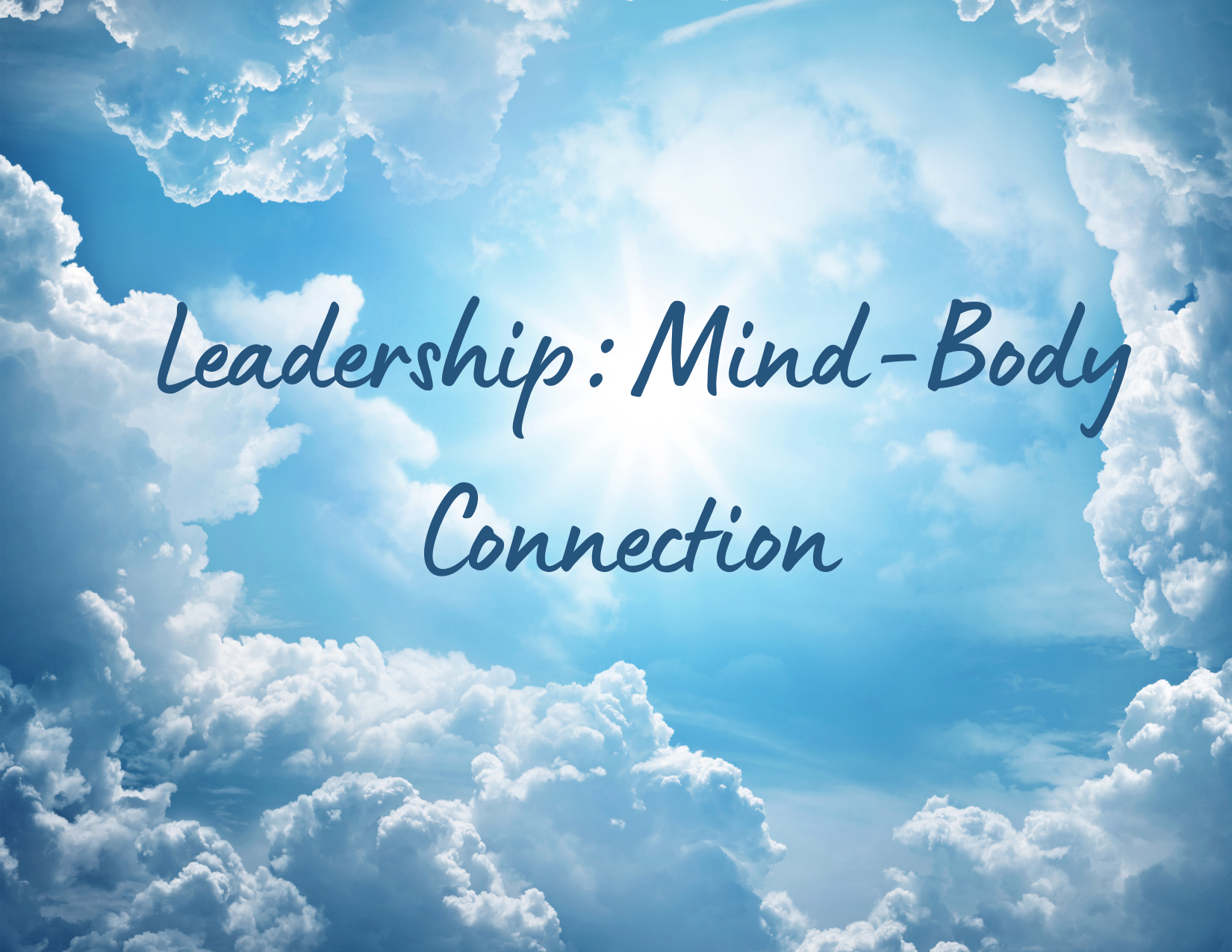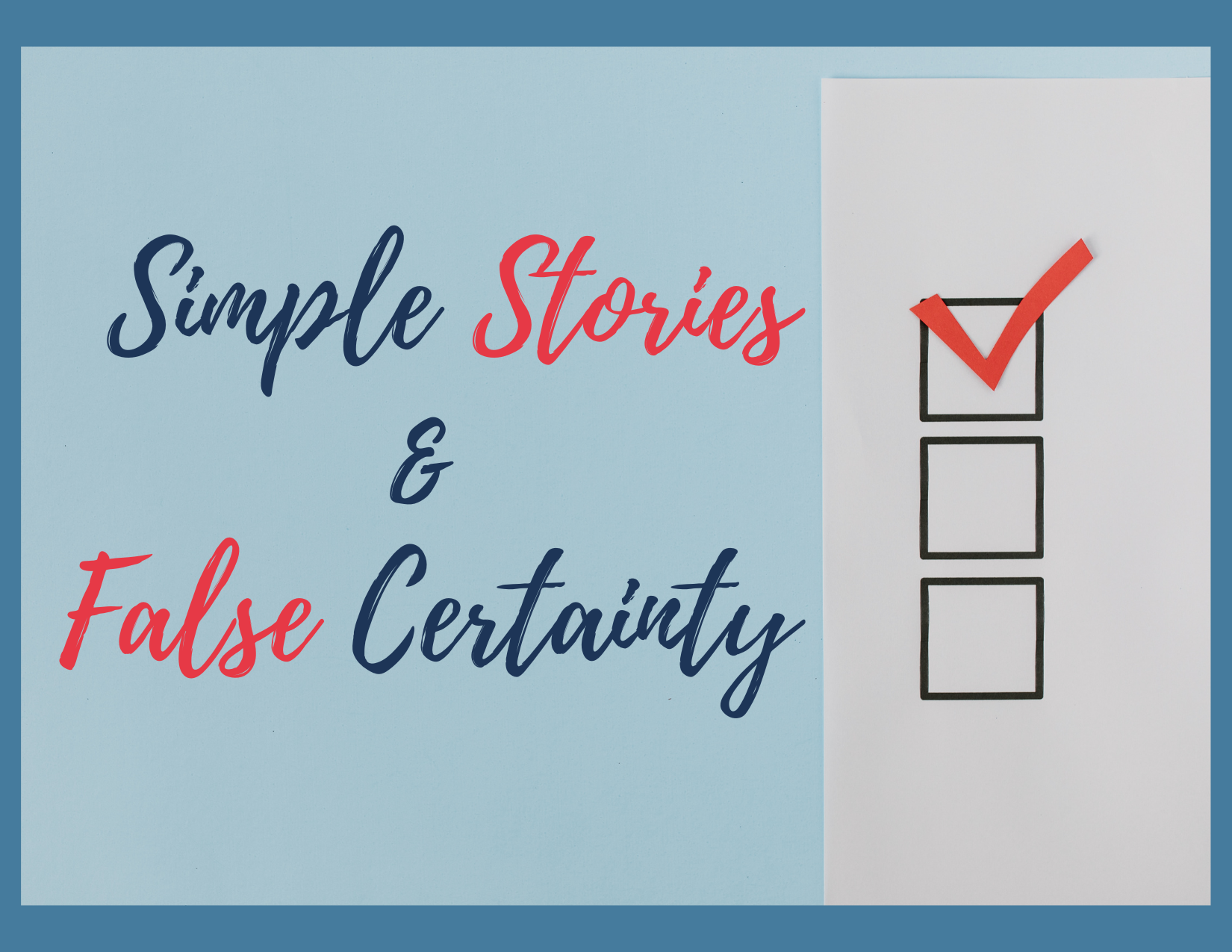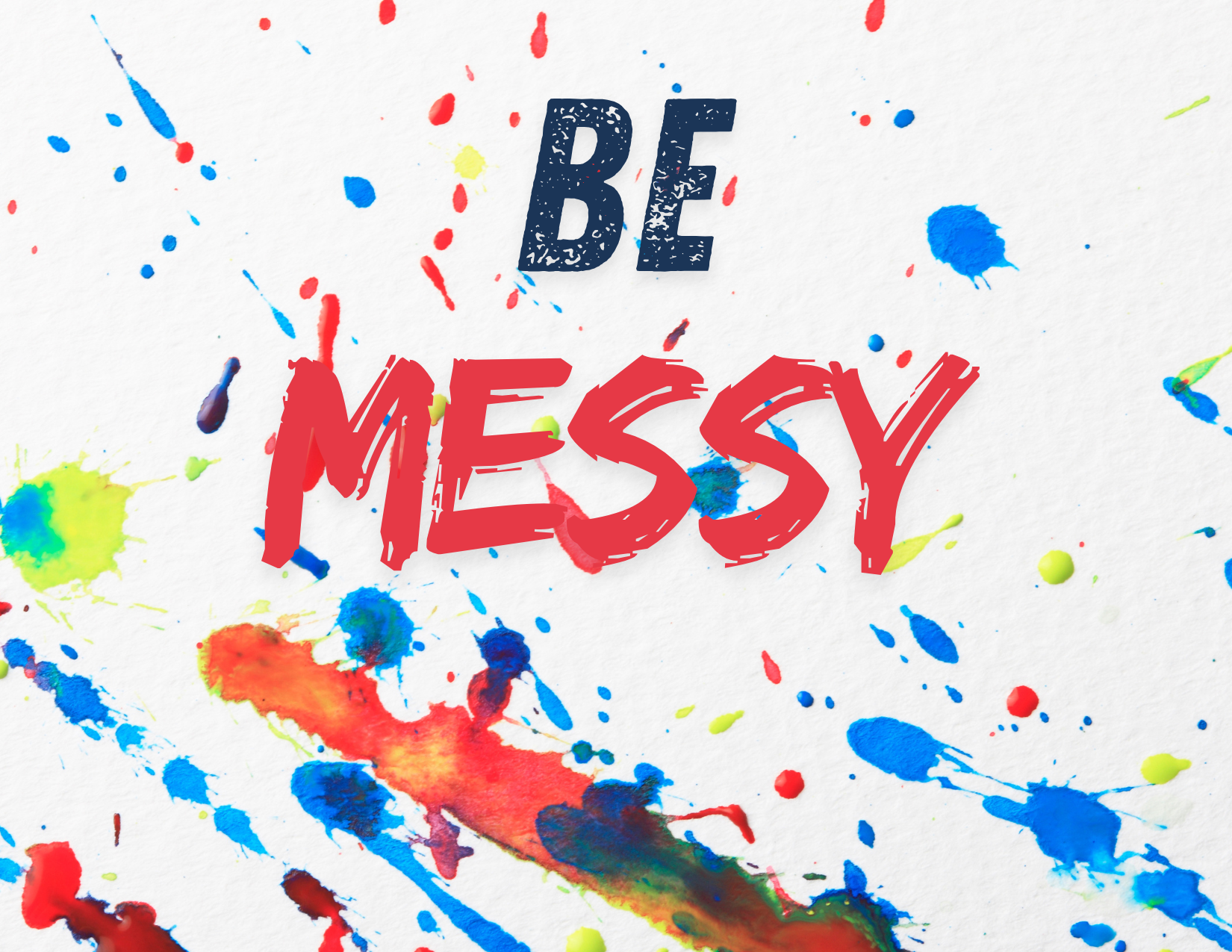About a year ago, one of my colleagues requested to shadow me at work for a day. It was an eye-opening experience as I became more aware of how I approach each moment of my workday and how I manage my energy throughout the day. One of the things that I am very conscious about as I move through the day is what adds and subtracts from my energy bar.
As managers and leaders, we often juggle multiple daily tasks and distractions, such as meetings, phone calls, and other demands. As a result, we may feel drained and lose focus, especially as the day wears on. The energy you bring to your job affects your motivation, focus, and momentum throughout the day. Constantly shifting from being alert and high-spirited to exhausted and unproductive is neither sustainable nor efficient for anyone.
It is crucial that we identify ways to manage our energy and stay focused, as it can be easy to become derailed by frustrations or challenges from people or situations. Having mechanisms to help us stay on track is essential to maintaining productivity and achieving our goals.
Below are some suggested techniques to help you manage your energy and identify what may be draining it.
Getting your ZZZs.
If you are not getting enough sleep, you may feel tired and lack energy. One way to improve your energy levels is to pay attention to your circadian rhythm. This is your body’s natural clock that regulates your sleep and wake cycles. Studies have shown that people who follow their circadian rhythm are more productive and alert during the day.
Your Calendar.
Prioritize your time to your advantage. If you notice that you are most alert and creative in the morning, schedule your most challenging tasks for that time. If you can control your calendar, it might help to determine when to have your high-impact and low-impact meetings, conversations, and work time.
Identify Your Energy-Boosters and Energy-Drainers.
Your energy level is not just affected by external factors like sleep but also by the people and situations you encounter each moment of the day. Knowing which people and situations are your energy boosters or drainers can help you manage your energy levels more effectively. By increasing your self-awareness, you can identify the triggers that drain your energy and take steps to minimize their impact on you. How you react to every situation is a choice. It may not be an easy choice, especially when you feel triggered. It may require practicing a new way to react to the situation.
If someone constantly challenges your suggestions in meetings or conversations, try to understand why it bothers you. Is it because you feel that your competency is being questioned? Do you feel that you are not being trusted? Or is it something else that you can’t readily identify? All these reasons are internal to you. However, it’s important to shift your perspective and consider that it may not be about you. It could be more about them. Take a moment to reflect on this and see how it makes you feel.
Communication Strategies.
It is easy to take on more than you can handle. When you become more self-aware of what tasks boost or drain your energy, it becomes easier to say no to anything that does not contribute positively to your workday. Saying no can be difficult, but it can help you maintain focus and avoid energy-draining activities. What is the highest and best use of your time?
Take time to clear your mind.
Scheduled breaks are important. Taking short breaks throughout your workday will refresh your mind and decrease stress, thus making you more productive. It might seem counterproductive to take a break when you have a lot of work to do, but research has shown that taking a break regularly increases productivity. Use your break time to take a short walk or do breathing exercises. Doing this gets your blood pumping, making you more alert and focused.
It is important to reflect on the activities that give you energy and those that drain it. Being self-aware can help you manage your energy levels more effectively throughout the day. By prioritizing your tasks, managing your workload, identifying activities that boost your energy and those that drain it, taking breaks, and getting enough rest, you can increase your productivity and positively maintain your energy levels.

